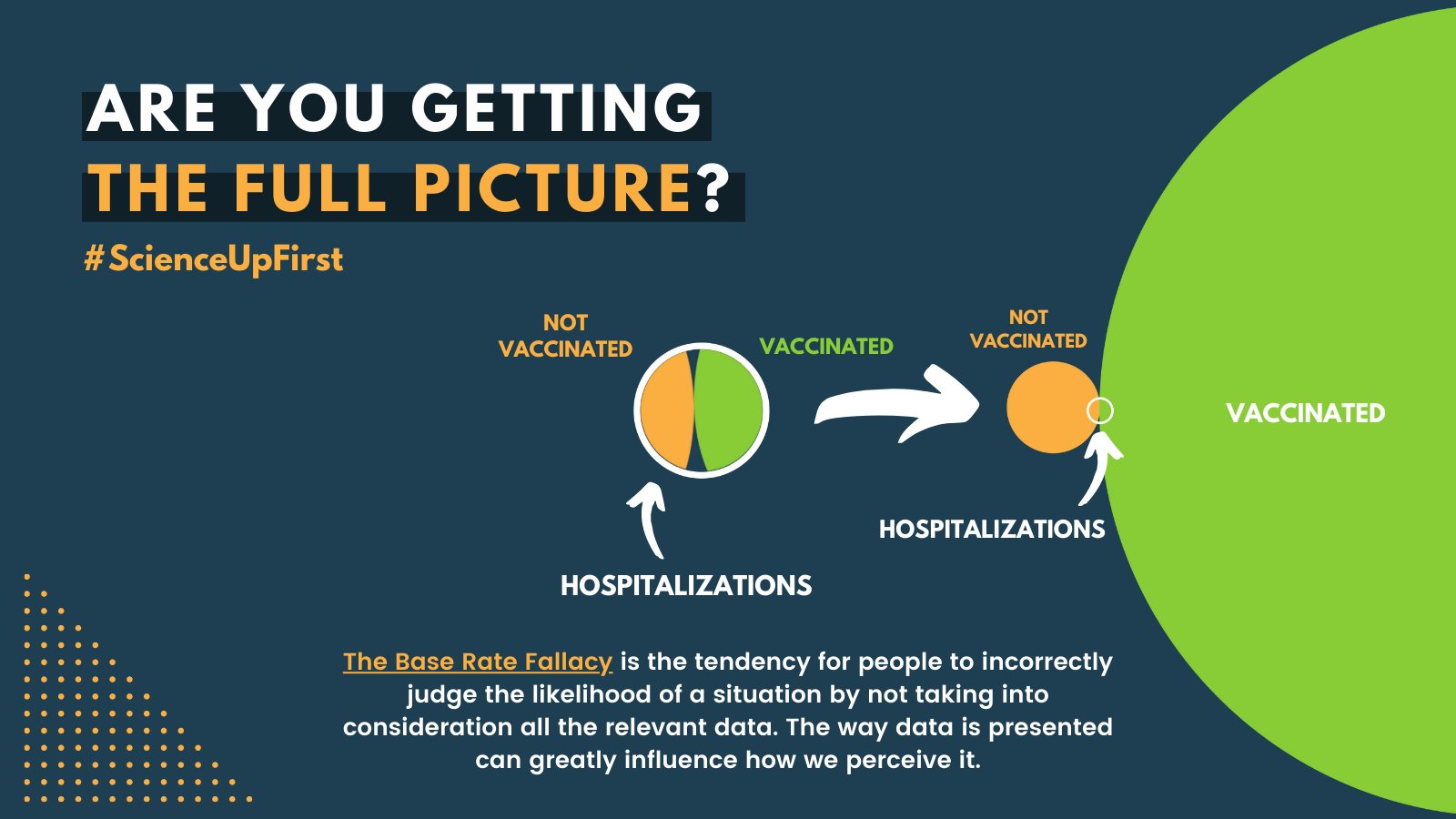|
|
by Tom Schneider
This page explains what scientists do to make sure that their science is correct.
I'm a published scientist
(> 60 papers in peer reviewed journals)
so I know how science works. I am
NOT a climate scientist.
However, I have gathered on
this page
some information on
global warming.
Please read it to
understand the physics. I dig into the original literature when I have
time THAT IS HOW I KNOW. There is room for other points of view but
the bulk of the evidence and so the bulk of
the scientists who study climate FOR A LIVING FOR MANY YEARS is that
global warming is happening, that we are the cause and it is a
disaster for many species including us.
Look around
that page for more information.
IN ADDITION I am sufficiently old enough living here in the USA to see that
there used to be deep snowfall in the winters
and now it's basically gone.
No more digging snow tunnels in 5 foot deep snow drifts!
 That is my own
anecdotal evidence.
If you are old enough you may be
able to confirm it from your own experiences.
However, anecdotal evidence is NOT proof.
A senator throwing a snowball in the senate
to proves nothing except that he will be
remembered forever for his ignorance.
One needs lots of data to get good statistics, the methods
need to be checked carefully and the results need to be published
in peer reviewed journals.
That is my own
anecdotal evidence.
If you are old enough you may be
able to confirm it from your own experiences.
However, anecdotal evidence is NOT proof.
A senator throwing a snowball in the senate
to proves nothing except that he will be
remembered forever for his ignorance.
One needs lots of data to get good statistics, the methods
need to be checked carefully and the results need to be published
in peer reviewed journals.
I generally trust the scientific papers of other scientists because I understand how peer review works. An editor gets a scientific paper and if it fits the journal and passes many ethics tests they usually send it out to two experts in the field. The experts evaluate the paper and tell the editor what they think. The editor may accept the paper, reject the paper or send it back for revisions (the usual case in my experience). When revisions are received, the process repeats and the editor may reject, have the previous reviewers look at the paper again, get new reviewers to evaluate the paper and ask again for further revisions. I have a paper that went through revisions for two years until the editors changed the rules of the journal and threw out our paper! After a paper is published there are two possibilities: 1) the paper is unimportant. In this case it does no good for the reputation of the authors. 2) The paper appears to be important. In this case other scientists will often be interested in using the ideas, methods or results in their own work. So many will first prudently try to replicate the results before applying them to their own projects. IF THEY REPEATEDLY FAIL EITHER THERE IS A MYSTERY TO SOLVE or if many people fail eventually THE AUTHORS WILL BECOME KNOWN TO BE CHEATERS. See the Schön scandal in which he replicated a graph and the noise was the same. So science has a natural feedback - if you cheat and lie about what is happening in nature you can get your career ruined. SO ...
| The observed consistency of nature makes most scientists honest! |